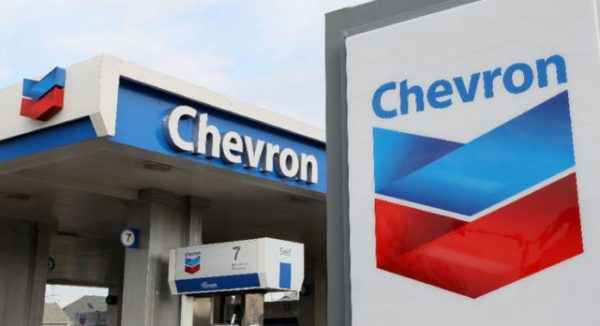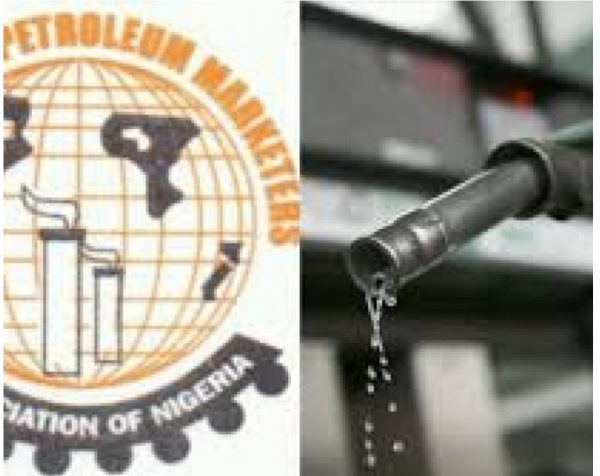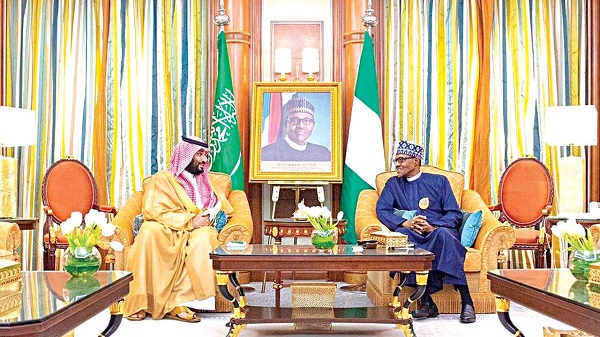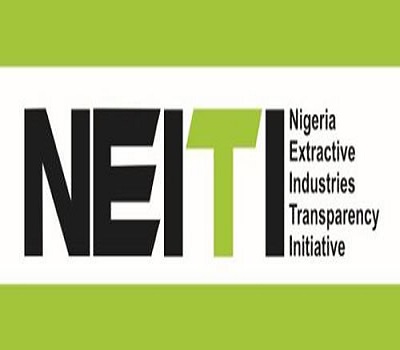Oil firm advocates integrated economy, reduces gas flaring by 90%
 •Backs ‘willing buyer-willing seller’ pricing model
•Backs ‘willing buyer-willing seller’ pricing model
Managing Director, Chevron Nigeria Limited, Jeff Ewing, has said that Nigeria must urgently take advantage of opportunities for investment in the gas sector to transit from an oil-based economy to a more integrated economy, as well as end routine gas flaring.
Speaking on the sideline of the 2018 Nigerian Gas Association’s (NGA) Conference and exhibition in Abuja, Ewing, represented by his Director Downstream Gas, Sanjay Narasimhalu, said there was need for deliberate exploration for non-associated gas to support the Nigeria Gas Master Plan, with a focus on high liquid yield non-associated gas resources to optimise the gas development project economics.He said through investments in gathering and processing of associated gas, routine flaring has been reduced by over 90 per cent from 2008 to 2017 in the firm’s operations.
Ewing called on stakeholders in the gas industry to support and enable the willing seller – willing buyer gas pricing model, to ensure the viability of the sector.He said privatisation of the various value chain sectors is critical to untangle the bottlenecks in the industry.He stressed that for Nigeria to move towards a gas economy, there must be “deliberate exploration for non-associated gas to support the Nigeria Gas Master Plan, with a focus on high liquid yield non-associated gas resources to optimise the gas development project economics.
Ewing noted that CNL has contributed immensely to the Nigerian government’s gas master plan through the various gas projects it has embarked on and that the company is the highest contributor of high quality gas to the domestic market in Nigeria since 2015.“CNL is optimistic about the future of oil and gas business in Nigeria. We have been making significant investments in the country for over 50 years and expect to do so for many more years to come,” he said.
While identifying that overall Gas-To-Power value chain is unfortunately highly integrated, the MD said suboptimal and investor confidence remains low in the sector. On joint Venture gas monetization, Ewing said there have been continuous efforts to monetize recoverable natural gas resources of approximately 17 trillion cubic feet in the Escravos area through a combination of domestic and export sales and use as fuel in company operations.
“The company is the operator of the Escravos Gas Plant (EGP) with a total processing capacity of 680 million cubic feet per day of natural gas and LPG and condensate export capacity of 58,000 barrels per day,” he said.
To untangle other bottle necks in the sector, Ewing said, there was need to use industry standards, technology/instrumentation and processes to monitor and manage gas flows and gas qualityHe called for development and communication of strategy for legacy payments for gas sold to the domestic power market, adding government needed to enact fiscal terms that encourage the development of small to mid-sized assets/reservoirs as well as non-associated gas fields.
Meanwhile the Chairman, House of Representatives Committee on Gas Resources, Fred Agbedi has applauded the Global Memorandum of Understanding (GMoU), the Community engagement strategy adopted by the NNPC/Chevron Joint Venture as a panacea for peace in the Niger Delta region.Agbedi, represented by Ayebide Fatiede noted that the GMoU model has proven that peace and harmonious relations with Niger Delta communities is possible and practicable.
Agbedi insisted that the cause of restiveness among the youths in the area is anger occasioned by neglect and insensitivity of the government to the plights of the people.Similarly, the event saw Chevron wining a Special Recognition Award for its role in the Nigeria Gas Association (NGA) and the Nigeria gas industry.







